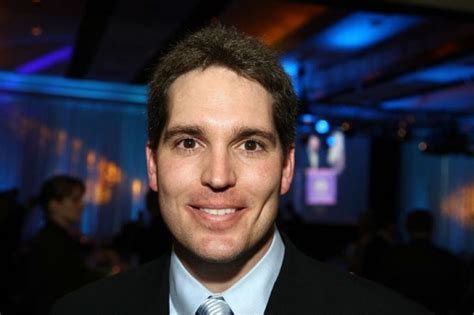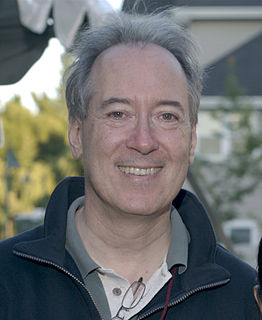A Quote by Jason Kilar
I think the relationship between cable and satellite and telco pay TV service providers and the content industry is a very, very solid one.
Related Quotes
During its retransmission dispute, CBS pulled its signal off of certain cable TV systems - and also blocked all Time Warner broadband customers from accessing CBS's Web-based content, even outside the territory of dispute. This is precisely the kind of content-blocking broadband providers are so often accused of but aren't actually doing.
Net neutrality is the principle that the service providers who control or access, who own the pipes, should not favor some content over another. It's, you know, an even playing field for stuff on the Internet, and, you know, I think it's very important to the medium that it have a rough quality among contents. Everyone has their shot.
'On demand' is more than just a series of clicks on your still-too-complicated remote control. In fact, it is now the best way to describe what the cable industry - from programmers to content makers to distributors - imagine their world is. Services and content available to very demanding consumers, wherever, whenever, however.
Unsurprisingly, an uninterruptible power supply (UPS) - once a luxury for room-sized computer installations - is now a standard item both in home offices and all the networked tiers above, protecting servers and online service providers, Internet backbones, phone companies, and even cable TV networks.
We are moving rapidly from an era of an oligopoly of content providers to an oligopoly of content controllers: new choke points. This is not media consolidation in the traditional sense, where a few huge conglomerates used economies of scale to dominate journalism by dominating the local and national agendas. This consolidation, to a very few companies plus increasing government intervention, is even more dangerous - and information providers of all kinds are finally starting to grasp what’s happening.
The issue for the major companies is how, is how when and where to make their content online. So you look at these major cable companies, whether it's Disney or Time Warner, News Corp., ESPN, USA, they're being very very careful, about making their content available over the internet, and they're trying to figure it out.



































